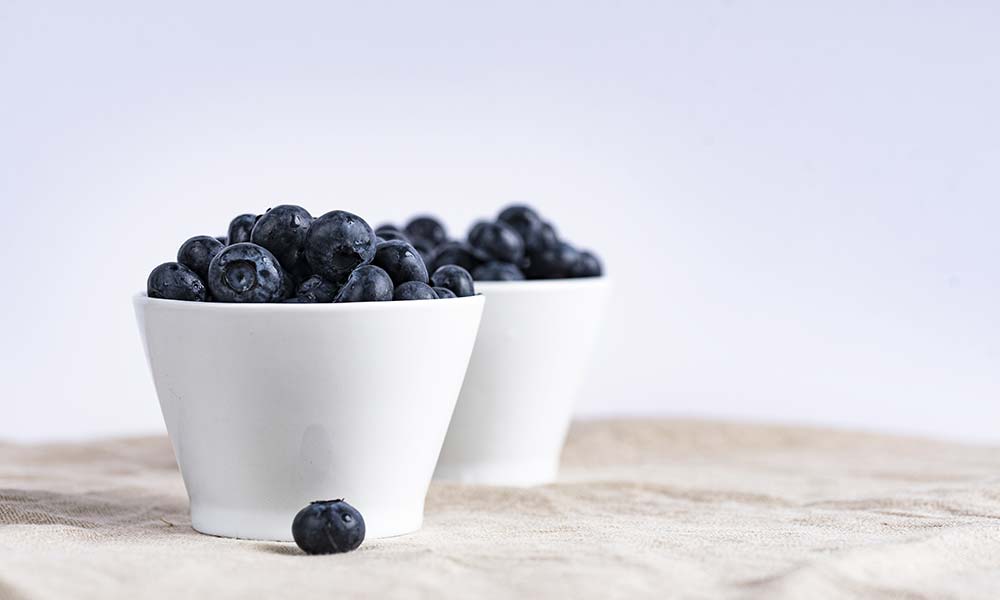
5 fantastic foods to help slow the aging process
Want to live life to the fullest? One of the ways to do that is by paying close attention to how you fuel your body. That means avoiding foods that lead to inflammation – refined carbohydrates, red meat and sugar are the main culprits here – and choosing those that are rich in antioxidants. These five foods can help you slow the aging process from the inside out.
1. Vegetables
Colourful vegetables like carrots, beetroot, tomatoes, red pepper, spinach and broccoli are packed with antioxidants like chlorophyll, carotenoids and flavonoids. What makes these molecules so important to good health, and so crucial to slowing the aging process? Antioxidants curb oxidation in other molecules. Oxidation can result in the creation of free radicals which can lead to cell damage and increase your risk of diseases like cancer. Vegetables are also an excellent source of fibre which is key to combatting constipation.
Easy ways to eat more: Add spinach or avo to a smoothie in the morning, make vegetable soups, swap out potato mash for sweet potato mash and rice for cauliflower rice.
2. Blueberries
They may be tiny, but blueberries pack a powerful punch of antioxidants and are brimming with vitamin C too. They’re also bursting with anthocyanins, a type of flavonoid, which are credited with the fruit’s anti-aging properties. Studies have linked this superfood to lower blood pressure levels and improved blood sugar levels, memory and mobility. The best bit? Frozen blueberries don’t lose their health-giving properties, so you can enjoy their goodness all year round. Rather avoid dried blueberries because they’re higher in sugar and have fewer antioxidants.
Easy ways to eat more: Add blueberries to smoothies, oats or yoghurt, bake blueberry muffins or eat them fresh, by the handful – they are sweet and delicious!
3. Olive oil
One of the so-called ‘good’ fats, olive oil is thought to boost memory and fight inflammation. Research has also linked it to lowered levels of LDL – the ‘bad’ cholesterol that increases your risk of heart disease.
Easy ways to eat more: Drizzle it over veggies and roast them in the oven, use it as a dressing for salads and enjoy as a substitute for butter or margarine.
4. Yoghurt
Calcium is essential as you get older and bone density decreases. Yoghurt is an excellent source of this vital mineral. But remember that vitamin D plays an important role in helping the body absorb calcium from food, so it may be necessary to take a supplement – especially if you don’t get much sun, which the body uses to synthesise its own vitamin D.
Easy ways to eat more: Eat cereal with yoghurt in the morning, make a yoghurt-based dip for chopped vegetables, or pour it over fruit salad for dessert.
5. Fatty fish
Salmon, sardines and mackerel are all excellent sources of the omega-3 fatty acids EPA and DHA. These fatty acids can help reduce your risk of heart disease and inhibit stiffness and joint pain, among other health benefits. Some experts also believe that as they are thought to reduce inflammation in the body, they may protect against cancers like lung, liver and colorectal cancer, which are caused by chronic inflammation. ALA is another important omega-3 fatty acid and is found in nuts and seeds, particularly walnuts and flaxseed.
Easy ways to eat more: Grilled, poached, baked, steamed… there are many delicious ways to prepare and enjoy fish.



